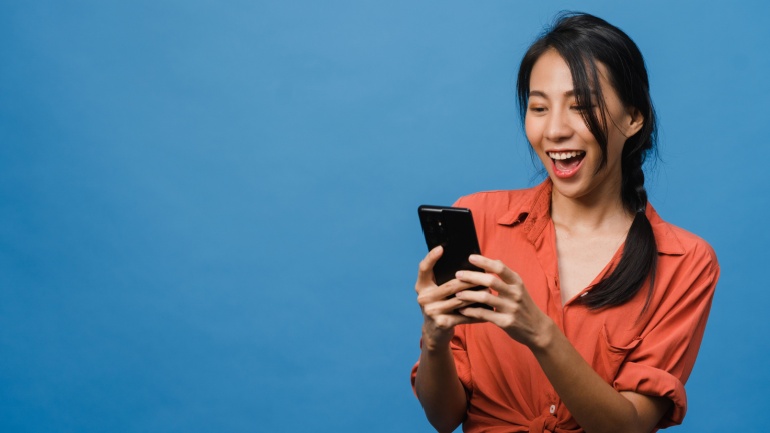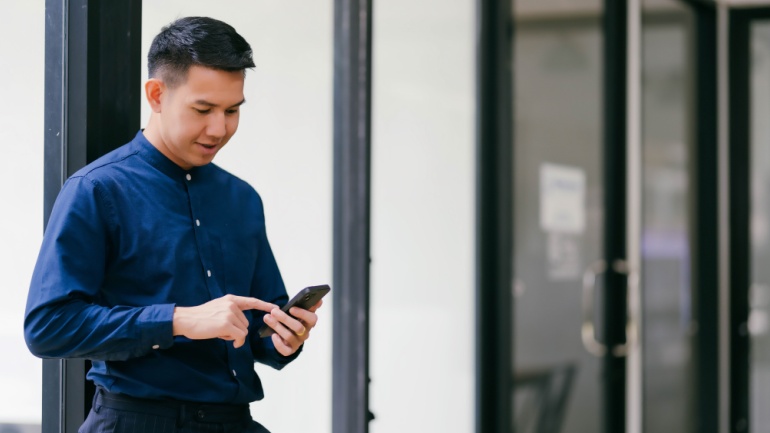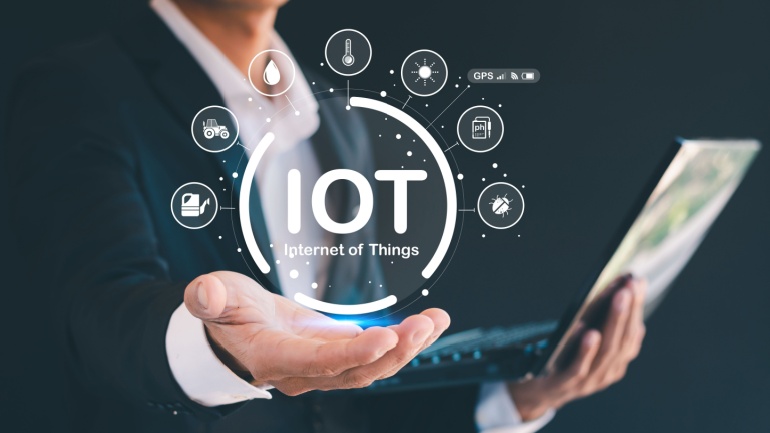No doubt, “blockchain” is the hottest buzz word being discussed across all industries, and telecommunications is no exception. The blockchain is being proposed for use in various applications in the telecommunications industry, such as securing CDRs, billing data and access logs, ensuring data authenticity or ensuring strict operational procedures. Blockchain will certainly optimize costs by eliminating third-parties such as clearing houses, automating audits and improving fraud detection. However, there is one area where the use of blockchain technology has the potential to not only benefit the operators, but will have a revolutionary impact on the way we all understand, use and protect our identities.
The Phone Number as your Digital ID
Our phone number is our most valuable digital identity, and will remain the only unique international method of identification well into the future. The PSTN, which is wholly based on the use of phone numbers, is the largest social network ever built, and an ever increasing number of services are adopting this proven method of user identification. As more of our personal lives, transactions and interactions move online, having a single, unique identifier will become increasingly important. WhatsApp was among the first apps to equate accounts with personal phone numbers, and Twitter, Snapchat and Facebook Messenger have also elected to use this method of identification. In addition, far-reaching global initiatives such as the GSMA’s Mobile Connect solution employs the user’s unique mobile number as a universal digital identity, allowing participants to access multiple online services via a single sign-on.
But do we really have full control over our digital identity? What are the chances of us losing this most valuable digital asset, and are current number porting procedures efficient, safe and secure?
How can we lose our Phone Number?
Moving to another country is the most common reason for losing our phone number. The only current way of keeping a phone number after moving is to continue paying the service provider for an active package.
Disconnection by the operator can occur due to payment or technical issues and if the number has been reallocated to another subscriber, then that number is essentially “lost”.
Identity theft and fraudulent porting is technically reversible, but correcting this problem may be a long and frustrating process. However, even if recovered, such a number is often no longer usable, as it may be marked as belonging to a spammer, thus forcing us to change our phone number.

Current problems with Number Portability
“Number portability is a significant and important step towards transferring control of the phone number to its real owner, but this process has limitations and does not give the user true ownership over their greatest digital asset – the digital identity,“ said Edwin Terek, the founder of DIDWW.
The problems and deficiencies with current number portability procedures are many, including the lack of automated processes, the potential for erroneous and fraudulent porting transactions, and the possibility of service outages when moving phone numbers between operators.
However, of special concern is the lack of international porting standards. If the phone number is to be successfully accepted as our most important, standardized and universal method of digital identification, then the control over ownership of those numbers as well as the connectivity services available for phone numbers must be truly global. The current porting mechanisms and telephony regulations fall well short of these imperatives.
The solution: Blockchain replaces Number Portability
“Clearly, the weaknesses and limitations of the porting process are not consistent with the critical importance of securing and controlling our personal phone numbers. A significant reassessment of how we administer these assets is required,” continues Edwin.
“We see the future where there is no longer a need for number portability. Instead, all the phone numbers will be managed in one decentralized ledger, which will provide standardized access and routing lookup for all operators on a global basis. Blockchain is the ideal technology to ensure full transparency, speed, safety, security and peace of mind for regulators, operators and, of course, users – the owners of the numbers. Imagine a world where we can never lose access to our phone numbers, where we allow one or more operators of our choice to provide us with connectivity services for our numbers anywhere in the world, and where no fraud, spoofing or identity theft is technically possible. As a global operator with the responsibility of managing phone numbers in 76 countries, we see the importance and urgency in the adoption of this new technology. We are well positioned to implement these ideas within our own network of operations and serve as a proof-of-concept for the industry.”
DIDWW sees this potential implementation of blockchain to be a real and highly beneficial advancement within the telecommunications industry. Clearly, such a global initiative would require the cooperation of all the operators and regulators and, of course, mass adoption and acceptance of this new technology by the end users. This is a large and revolutionary idea, but it should be possible – looking back just two decades, foreseeing the VoIP revolution would seem even more challenging.







